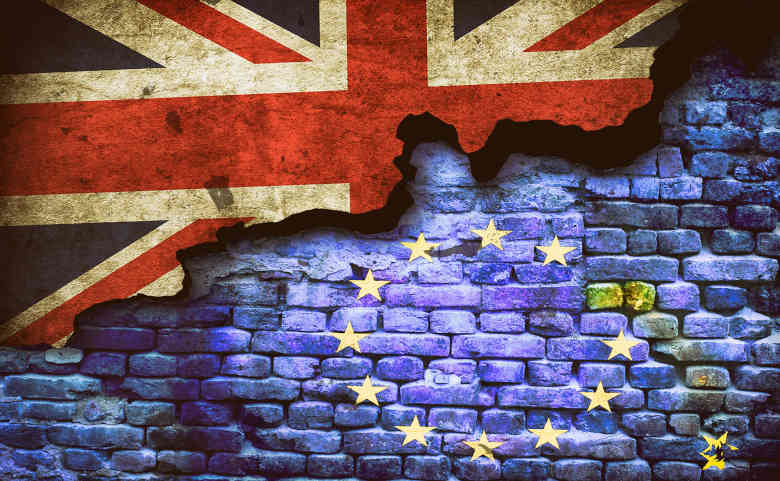The Spectator, July 12, Robert Tombs
Politics begins and ends with sovereignty: the duty and right to make the legitimate final decision. We have seen this clearly during the pandemic. In every country, people have come to depend on their governments, whose authority rests on acknowledged sovereignty. This is as true, or even truer, in democracies: while monarchs and aristocrats could dispute sovereignty – and, where it suited them, divide up the cake amongst themselves – in a democracy there can only be one ultimate sovereign: the people. No sovereignty, no democracy.
For years we have been told the illusion, if not a fraud, that sovereignty can be ‘pooled’. Who takes the final decision when sovereignty is ‘pooled’? If we cannot answer that question, then it shows the fallacy.
Some have argued that there have been historical examples of pooled sovereignty, often citing the Holy Roman Empire, which exercised a largely theoretical judicial supremacy over Germany until it was abolished in 1806. It’s strange for this kaleidoscope of feudal and dynastic confusion to be put forward by some as a model for 21st century Europe.
And the EU? As soon as it is put to the test, most obviously by the Covid-19 crisis, ‘pooled’ sovereignty proves to be no sovereignty at all; at once the truly sovereign bodies – however incompetent some of them may be – reclaim the right to act in the interests of the peoples they embody. The German constitutional court has recently asserted this very principle.
Click here to read the piece in full.
Click here to read the relevant report.

